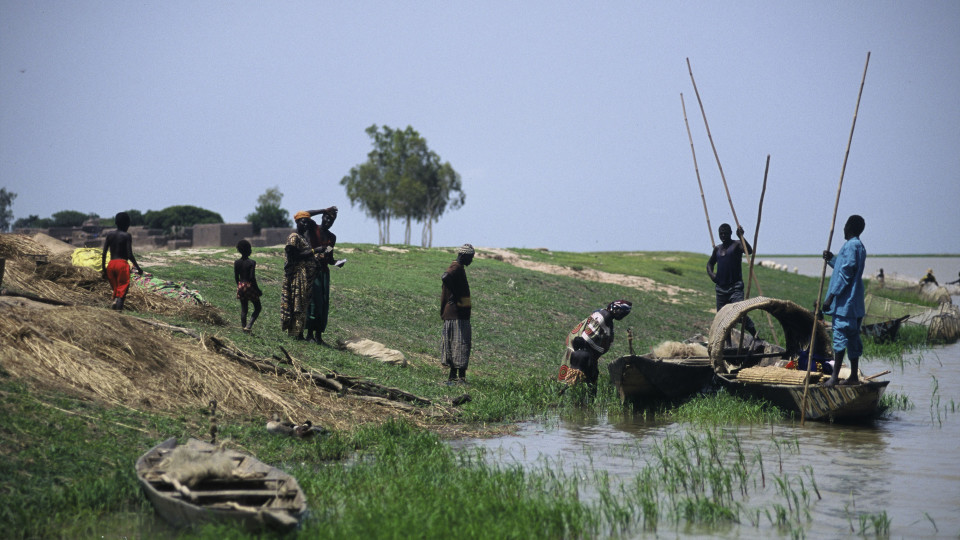Hadejia-Nguru wetland has been one of the globally recognised habitats for various species of aquatic animals and migratory birds.
The wetland, on the downstream of Tiga and Chalawa dams in Kano, had served as a tourist site for visitors and researchers from within and outside the country.
- FG urged to save Hadejia-Nguru Wetlands from exploitation
- Typha grass hinders Nguru wetland economic pontetials
However, a sudden appearance of invasive typha weeds coupled with human activities has exacerbated the condition of the wetland, which is already degraded by the effects of climate change.
As a result of these, many species of both resident and migratory birds that used to be sighted around the area seasonally have ceased to exist, thereby eroding the relevance of the wetland as a tourist’s site.
Some of the common migratory birds that used to be available on the bank of the wetland areas were Egyptian vulture, ospree, white stock and many more.
Our correspondent in the state reports that invasive typha weeds have taken over the water body, thereby threatening the survival of the avian populations that survive on the aquatic lives within the ecosystem.
Speaking on the condition of the wetland recently on the occasion of this year’s World Migratory Birds Day, the Project Officer, Nigerian Conservation Foundation/Hadejia-Nguru Wetland Conservation Project, Mr Harry Hanson Junior, lamented how the ecosystem around the wetland was degraded due to human activities.
He added that many migratory birds no longer find the habitat suitable because of the invasive weeds.
“The wetland is a home to these migratory birds, especially the water birds.
“What made them endangered are the threats to their lives.
“The Hadejia-Nguru wetland is threatened because of the invasive weed of typha.
“Invasive weed of typha is causing a serious threat not to the only birds’ lives but even to fish and plants because it is alien to the native weeds.
“It has covered the stretch, it is shrinking the size of the wetland, and it is in turn causing siltation along the channel of the wetland that takes water from the upstream of Kano like the Tiga and Chalawa dams.
He said some of the birds that used to come to the wetlands from Europe, Asia and many African countries had landing there because the area was covered by invasive weeds.
“These are birds that need open water body, so when they come and do not find the open water body to land, they will go where they can find it.
“That is why we are losing some of these birds in the wetland.
“For example, Egyptian vulture, Aphorsett, Ospree you can hardly see them now.
“These are the birds that ordinarily have been there and they always go to where they can find water because they feed mostly on fishes.
“You can hardly see them in the wetland because the health of the Hadejia-Nguru wetland is being threatened,” he added.
Junior urged the appropriate authorities to do the needful to curb the spread of the weeds in the area.
Speaking on the theme of this year’s event, “Birds connect our world,” the Director, Wildlife Services, Kano Zoological Garden, Alhaji Suleiman Abubakar, emphasised the relevance of birds in maintaining environmental balance, urging everyone to help in sustaining and restoring lost natural habitats through planting of native trees to promote the survival of bird populations from extinction.

 Join Daily Trust WhatsApp Community For Quick Access To News and Happenings Around You.
Join Daily Trust WhatsApp Community For Quick Access To News and Happenings Around You.


